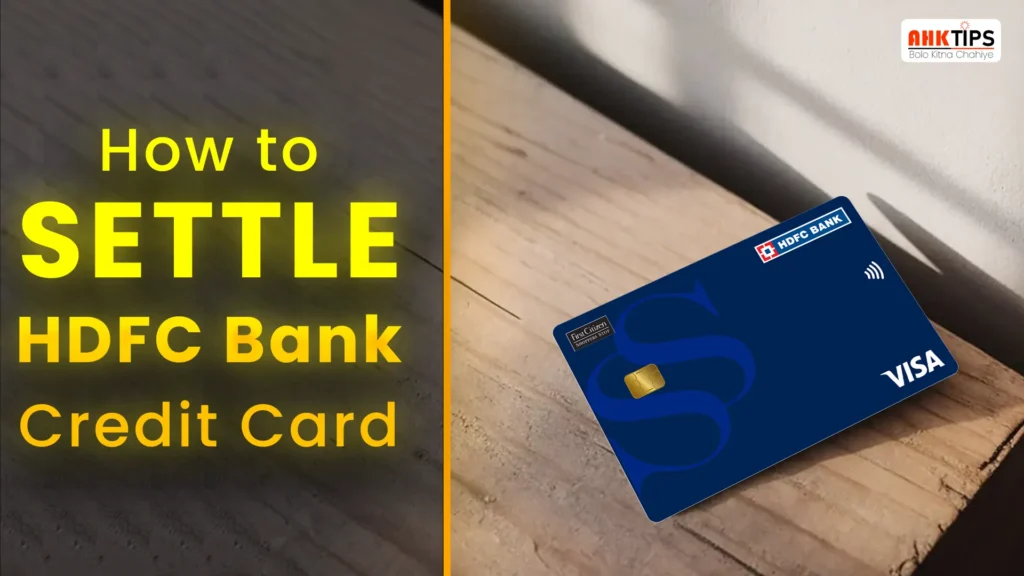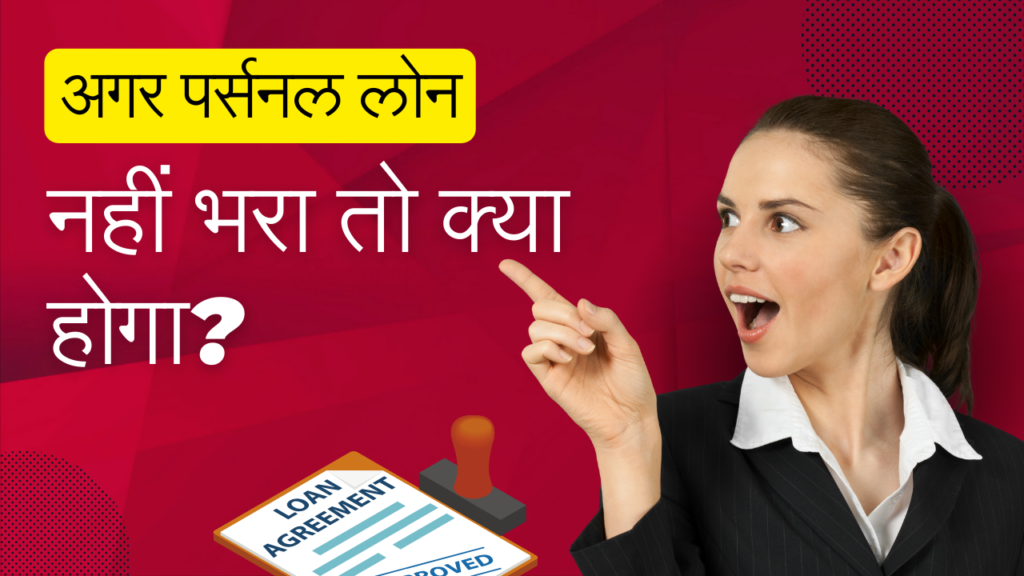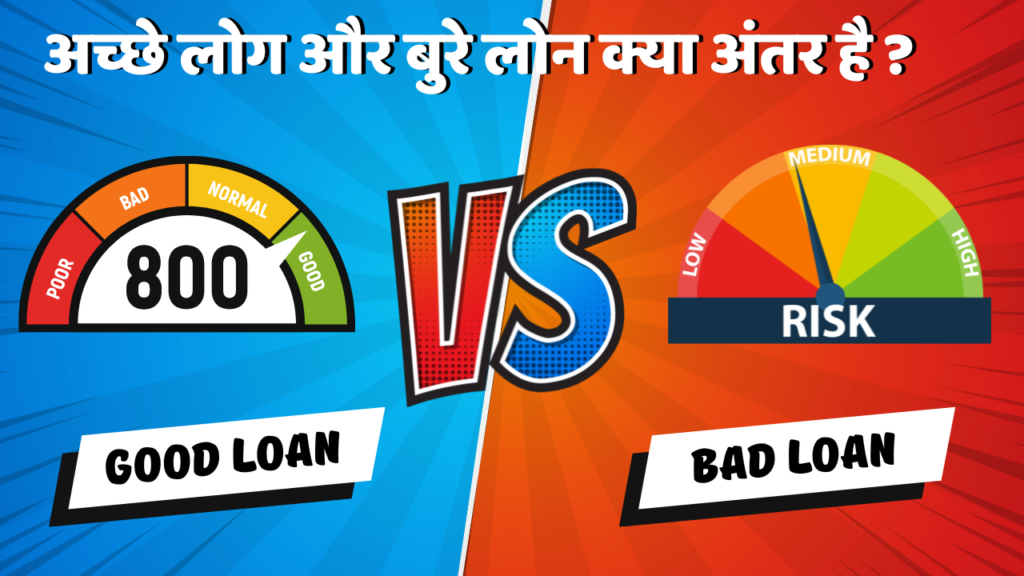Managing credit card debt is crucial to maintaining financial health, but it can become challenging when you’re unable to repay the outstanding amount. In such cases, opting for a credit card settlement with HDFC Bank may be an option. A credit card settlement allows you to negotiate with the bank to reduce the total amount owed, typically in exchange for a one-time lump-sum payment. However, this process has implications, especially on your credit score.
This guide walks you through the steps and considerations of settling an HDFC Bank credit card, ensuring you make an informed decision that aligns with your financial situation.
What is Credit Card Settlement?
Credit card settlement refers to a process where the bank agrees to reduce the total amount you owe in exchange for a one-time lump sum payment. This is typically offered to individuals who have defaulted on payments for a prolonged period and are unable to repay the entire outstanding balance. The account is marked as “settled” rather than “paid in full,” which has consequences for your credit score but can relieve immediate financial pressure.
When Should You Consider Credit Card Settlement?
Credit card settlement should be considered in situations where:
- You’ve missed multiple payments, and the debt is becoming unmanageable due to accrued interest and late fees.
- You are facing financial difficulties like job loss, medical emergencies, or other unforeseen circumstances.
- You’ve been unable to negotiate more favourable terms such as EMI conversion or debt restructuring.
Opting for settlement is generally seen as a last resort due to the negative impact it has on your credit profile.
Steps to Settle HDFC Bank Credit Card Debt
Step 1: Analyse Your Financial Position
Before approaching HDFC Bank for settlement, assess your financial situation. This includes:
- Calculating the total outstanding balance, including interest and penalties.
- Determining how much you can afford to pay as a lump sum for settlement.
- Evaluating if settlement is the best option, or if alternatives like EMI conversion or debt consolidation may be more beneficial.
Step 2: Contact HDFC Bank’s Collections Department
To initiate the settlement process, you’ll need to get in touch with HDFC Bank’s collections department. You can do this via:
- Phone: Call the bank’s customer service or collections team.
- Email: Send a formal settlement request to the bank’s collections email, explaining your financial hardship.
- In-person visit: You can also visit a nearby branch to discuss settlement terms in person.
Step 3: Negotiate a Settlement Amount
Once you initiate the process, the bank will typically offer a settlement amount that is a percentage of the total outstanding balance. This can range from 40% to 80% of the debt, depending on:
- How long you’ve been in default.
- The components of your debt, such as principal, interest, and penalties.
- Your financial capacity to make a one-time payment.
It is important to negotiate firmly but respectfully and provide evidence of your inability to pay the full amount if necessary.
Step 4: Get the Settlement Agreement in Writing
Once you agree on a settlement amount, make sure you get a written agreement from HDFC Bank that outlines:
- The agreed settlement amount.
- The due date for the lump sum payment.
- A clause stating that no further dues will be claimed after the settlement.
Having this document is essential to protect yourself from any future claims.
Step 5: Make the Payment and Confirm the Settlement
After making the agreed-upon payment, ensure that you receive a No Dues Certificate or Settlement Letter from HDFC Bank. This confirms that the debt has been settled, and no further amount is owed. Additionally, make sure that your credit report is updated to reflect the “settled” status of the account.
HDFC Bank’s Credit Card Settlement Process
HDFC Bank has a structured approach for settling credit card dues. Here are some key points to understand:
- Eligibility: Generally, settlement is offered to individuals who have defaulted on payments for at least 90 days.
- Negotiable Terms: The bank may settle for a percentage of the total amount due, usually between 40% to 80%, depending on your financial situation and the severity of default.
- One-Time Payment: Settlement is typically done through a lump-sum payment rather than instalments.
Be aware that while settlement can offer relief from debt, it also leaves a mark on your credit report, which could hinder your ability to obtain loans in the future.
Impact of Credit Card Settlement on Your Credit Score
Opting for credit card settlement will impact your credit score and overall creditworthiness. Here’s how:
- Settled Status: Your credit report will show the account as “settled” rather than “paid in full,” which reflects that you did not repay the full outstanding amount.
- Credit Score Drop: Your credit score is likely to drop after the settlement due to the default and settlement. This drop can vary, but it can take years to recover fully.
- Future Creditworthiness: Having a “settled” account on your credit report may make it difficult for you to obtain new credit cards or loans in the future, as lenders view this negatively.
Alternatives to Credit Card Settlement
Before opting for settlement, consider these alternatives to managing your HDFC Bank credit card debt:
EMI Conversion
HDFC Bank offers EMI conversion, which allows you to convert your outstanding balance into manageable monthly instalments. This can help reduce immediate financial pressure without impacting your credit score as severely as a settlement.
Balance Transfer
You can transfer the outstanding balance on your HDFC Bank credit card to another bank with a lower interest rate. This gives you time to repay the dues while avoiding the negative effects of settlement.
Debt Consolidation Loan
Another option is to take a debt consolidation loan, which allows you to pay off your credit card debt and then repay the loan through easier monthly payments at a lower interest rate.
Financial Counselling
Seeking financial counselling can help you explore alternative solutions for debt repayment. Financial advisors may help you negotiate better terms with HDFC Bank or suggest a debt management plan that doesn’t harm your credit score.
Conclusion
Settling your HDFC Bank credit card debt can offer relief if you’re facing financial difficulties, but it should be a last resort due to the negative impact it can have on your credit score. Make sure you understand the consequences of settlement, negotiate effectively, and explore alternative solutions like EMI conversion or balance transfers before deciding.
If you decide to proceed with a settlement, ensure you get everything in writing and complete the process by paying the agreed amount and obtaining a No Dues Certificate.
Frequently Asked Questions (FAQ’s)
Ans: HDFC Bank typically settles for anywhere between 40% to 80% of the total outstanding amount, depending on the severity of the default and your financial situation.
Ans: The settlement process can take 30 to 60 days, depending on how quickly negotiations are completed and payment is made.
Ans: Yes, settling your debt will negatively impact your credit score as the account will be marked as “settled” instead of “paid in full.”
Ans: Yes, HDFC Bank offers EMI conversion options, which allow you to pay off your outstanding balance in smaller, manageable instalments.
Ans: Yes, always request a No Dues Certificate or Settlement Letter from HDFC Bank to ensure that your settlement has been finalised and no further dues are owed.













